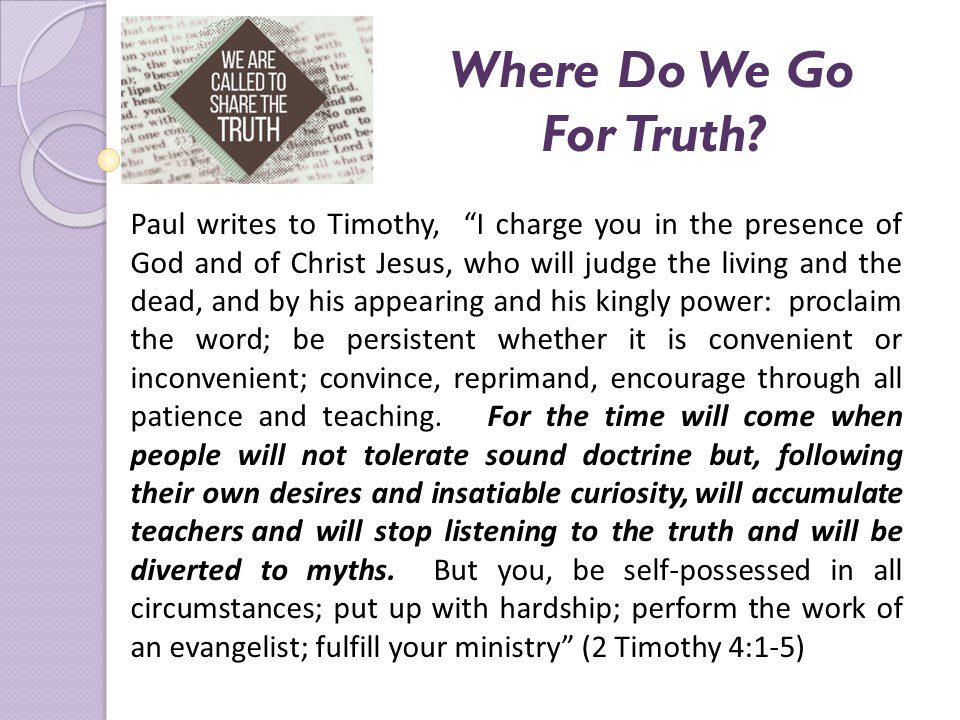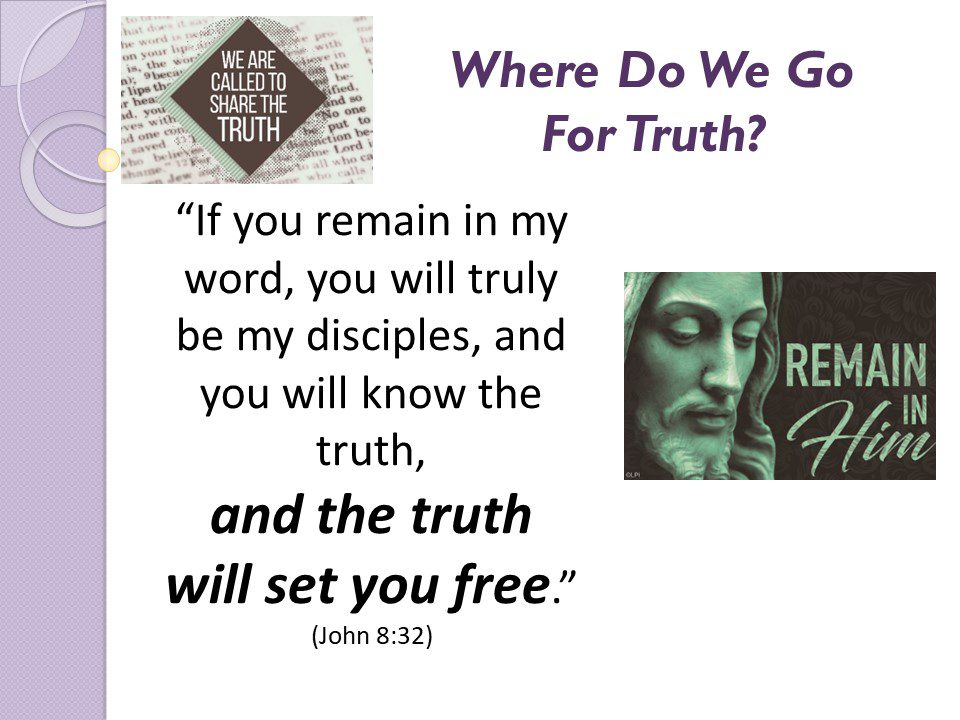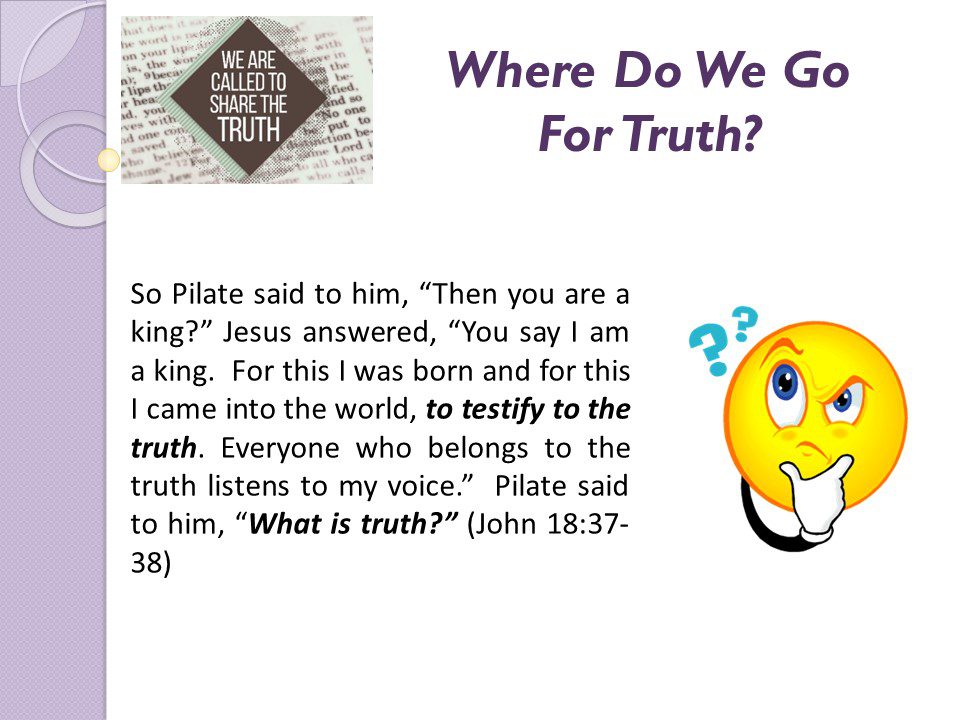A Polarized People
I recently saw a news headline where a health official involved in the government’s handling of the Coronavirus pandemic said he did not cause political divisiveness. He is right. We have been becoming a polarized people for some time. This is especially seen in politics but polarization is also seen in the church. Why?
I think relativism is a key factor here. Under the guise of freedom, more and more people say you are free to believe whatever you want as long as you don’t hurt anyone. This is relativism. They say we need to practice tolerance but they do not want to tolerate what our Catholic faith teaches (see my blog article, “Tolerance, Hate Speech, and Dialogue”).
Now, there has been division in beliefs for a long time. However, polarization between people of differing opinions is increasing. With relativism, there is no “truth.” That would mean no one is right. Yet everyone is right. When one is sure they are right, there is no dialogue. We look for sources of information that agree with us and ignore those who don’t as “wrong.” What we need is real dialogue. This is a concept that comes up in Pope Francis’ encyclical Fratelli Tutti (see my articles on this encyclical at https://renewaloffaith.org/our-relationships-with-others/, especially “Seeking Real Dialogue”).
What is the point of dialogue? Is it not truth we seek? I did a presentation called Where Do We Go for Truth? There, I offered the following slide.

There is a “Truth.” Jesus is the one who offers us the real truth.

So, what is the problem? People are no longer remaining in Jesus, meaning they are abandoning the faith, either completely as atheist, or at least much of what our faith teaches.
We need to listen to Jesus. Jesus was put on trial before Pilate because those who opposed him were not open to the truth. Yet, this is exactly what Jesus came for.

There is truth. 2 + 2 really does equal 4. This is objective truth. It cannot be changed except if one wants to throw out the definitions of what “2” and “4” are. There is also subjective truth. This kind of truth is dependent on our perceptions. I might say it is cold out today but used in this way, the word “cold” can have different meanings for different people.
So, is the truth of our faith “objective” or “subjective”? Those who do not belief in God (and even some who do) would call religious truth subjective because it depends on what you believe rather than what can be proven. However, if one truly believes in God, then one knows there is a definitive truth, a truth that is set by God as the creator of the universe. This truth is difficult for some to grasp because it does not come from within us. We need to be willing to look beyond ourselves to find our true meaning. We do not determine the purpose of our existence. God does. God creates us to know him. In knowing God we come to know the real truth because Jesus is “the way and the truth and the life. No one comes to the Father except through me.” (John 14:6).
So, who can we trust?

The one who died for us on the Cross for “No one has greater love than this, to lay down one’s life for one’s friends” (John 15:13).
It should not be our goal to start an argument. It should be our goal to offer the truth to others. The world needs Jesus. Are you willing to be an instrument of God to build up the Kingdom of God? With this question in mind, I end with the Prayer of St. Francis.
Lord, make me an instrument of your peace:
where there is hatred, let me sow love;
where there is injury, pardon;
where there is doubt, faith;
where there is despair, hope;
where there is darkness, light;
where there is sadness, joy.
O divine Master, grant that I may not so much seek
to be consoled as to console,
to be understood as to understand,
to be loved as to love.
For it is in giving that we receive,
it is in pardoning that we are pardoned,
and it is in dying that we are born to eternal life.
Amen.
Peace,
Fr. Jeff
